TRANSLATED FROM THE TAMIL BY K SRILATA AND SHOBHANA KUMAR
“Everything can be taken from a man but one thing: the last of the human freedoms- to choose one’s attitude in any given set of circumstances”
Victor Frankl (psychiatrist, Holocaust survivor)
“Despite some confusion
I manage to sketch
my portrait with self-assurance”
“But no matter what you do
you will find that the portrait
has been in bold strokes.” (21)
Hinting towards her own share of strife in her inspirational life, in these lines from the poem “Self-Portrait”, Rajathi Samsudeen with the pen name Salma sums up her own demeanour in the phrase “bold strokes”. Freedom holds different meanings for each person. It is defined by everything that goes in to make the person who he or she is; from the upbringing to the socio-economic status, the sense of self to its relatedness with the world. Exploring the theme of freedom from the confinement of her early life, boldness and courage helped her surmount the obstacles she faced, as we know from the essays and her interview in this book of selected poems from Salma.
Meena Kandaswamy mentions how reading Salma in Tamil exposes one to the language not common for a metropolis. Her poems stand out for how they capture the local dialect of Southern Tamil Nadu to explore the Muslim experience in the State. Her stint in politics has also helped her shape her own identity, addressing duly the shackles of deep-rooted patriarchy.
Her poems speak intimately with the readers, often making them jolt out from the comfort zones in their own mindscapes, thoughts and vocabulary. In the words of Sukrita Paul Kumar, “the poems of ‘I Salma’ are fearless and bold, direct and simple and are rooted in the very living of life while they transform the mundane into magical and the real into surreal.”
“On the bus
the drift of heat rising
from sweat-drenched bodies
sprouting from somewhere
the violence of an erect penis
stretches on me. (100)
As if following the words of Gunter Grass who said,” Translation is that which transforms everything so that nothing changes”, for the readers uninitiated to Tamil, the translators keep alive the incisiveness and a sense of pathos in the lines of the poem titled “Violence” mentioned above. A vivid yet subtle description of violence, this unfortunate fate for the commuters rings a bell of familiarity for all who avail public transport.
From friendships fraught by the gaps that cannot hold two persons together, to finding resemblance with a cockroach who has been stamped upon- the themes for her poetry are stark and speak of a reality that perhaps no person can shy away from. But the power of the words lie in how they connect the reader to higher thoughts, intent wise.
“Not only does it brush past the tree-
this wind which speaks to me
also causes the tree to tip over” (101)
To a question from Chandana Dutt, in an interview of the poet in this book, on how conflict and tension affect her writings, the poet says, that the contradictions, the pain, and tension within and outside give shape and structure to her language.
“On this night
When we are unable to part,
the food rests upon the table,
between us
as if a setting
within a painting
perfectly in place.” (96)
The brilliant imagery conveys the heaviness of the moment shared between two adults on the verge of parting from each other. The brevity of the words makes it more impactful for the readers.
Kannan Sundaram puts together comprehensively the highpoints of the life of the poet, giving the readers a whole understanding of the events that seeped into her writings on male domination, systemic oppression on the females and her own alienation from the environment she was forced to live in.
The poet explores the concept of silence in the poem “Breath”
“Always
all that happens to me,
happens when I am
not there.
Must I really allow
my breath to pass
without my presence?
Even before I am aware?’(86)
Watching one’s own breath, we know, finds its genesis in ancient traditions. By mindfully watching one’s own breath one can feel the silence of the mind and who doesn’t know how silence can heal, nurture and create spaces within, to ready the wings of imagination and creativity to fly high.
The black and white photographs are a valuable addition to the well-made book from the Red River. So is the beautiful cover image “An evening of poets” by Prabodh Parikh.
A dissenting voice against orthodoxy and societal wrongs yet never lacking in an innate compassion, providing valuable pointers on a meaningful living; this book will hold a special place in the readers’ hearts.
Also, read The Death of Mallika and Other Poems by Devdas Chhotray, Translated from The Oriya by Bibhu Padhi and Minakshi Rath and published in The Antonym:
Follow The Antonym’s Facebook page and Instagram account for more content and exciting updates.

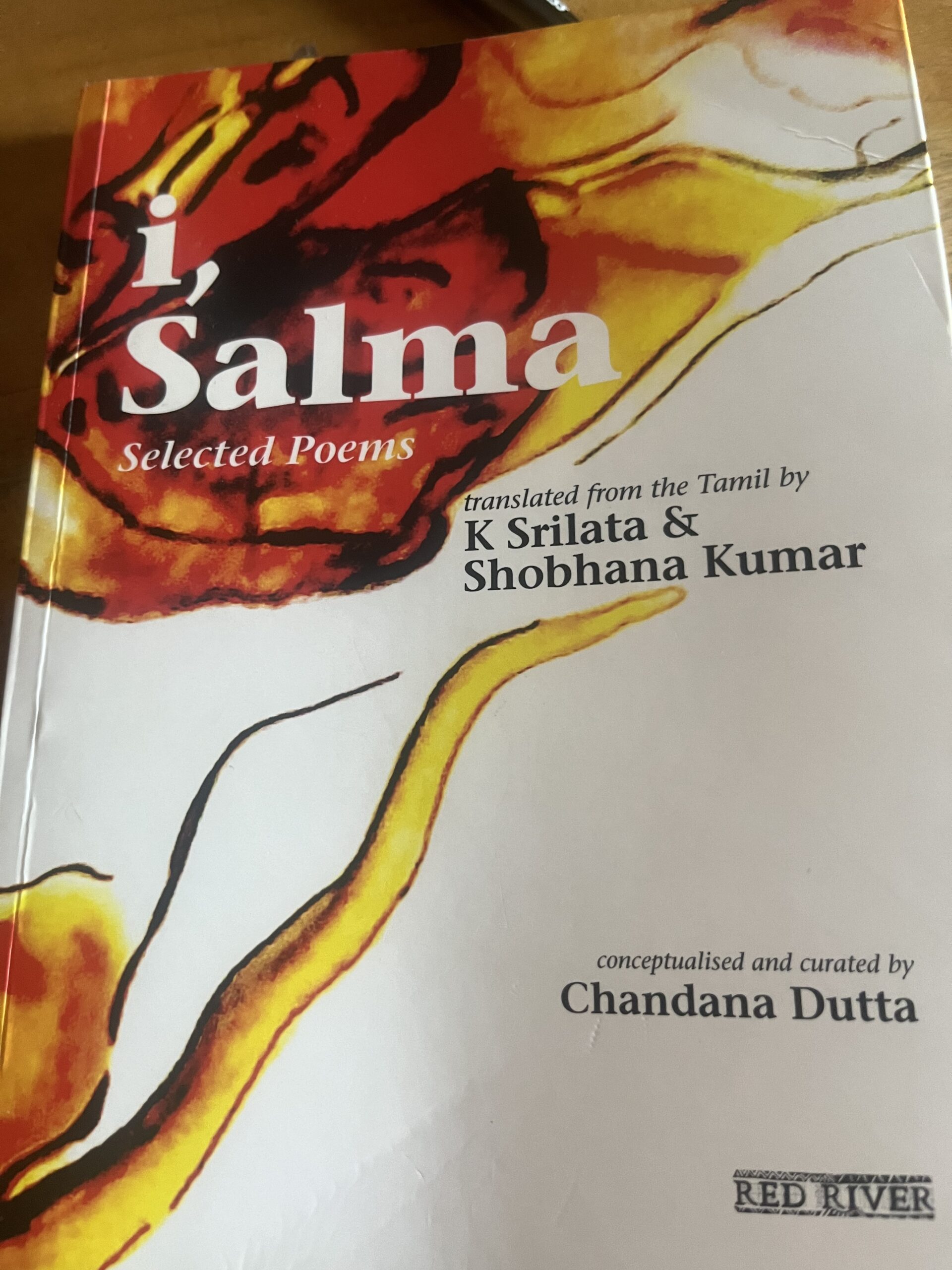

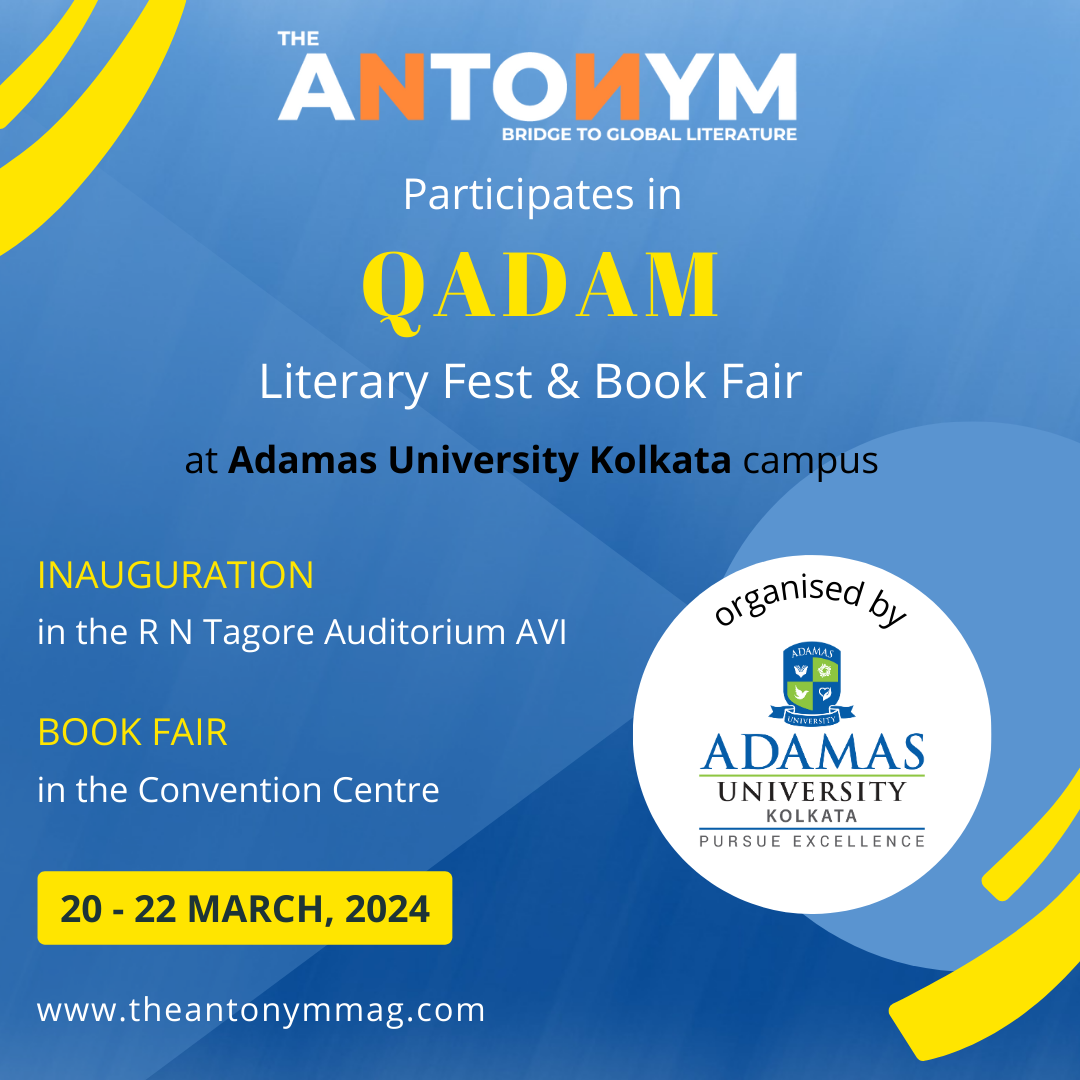
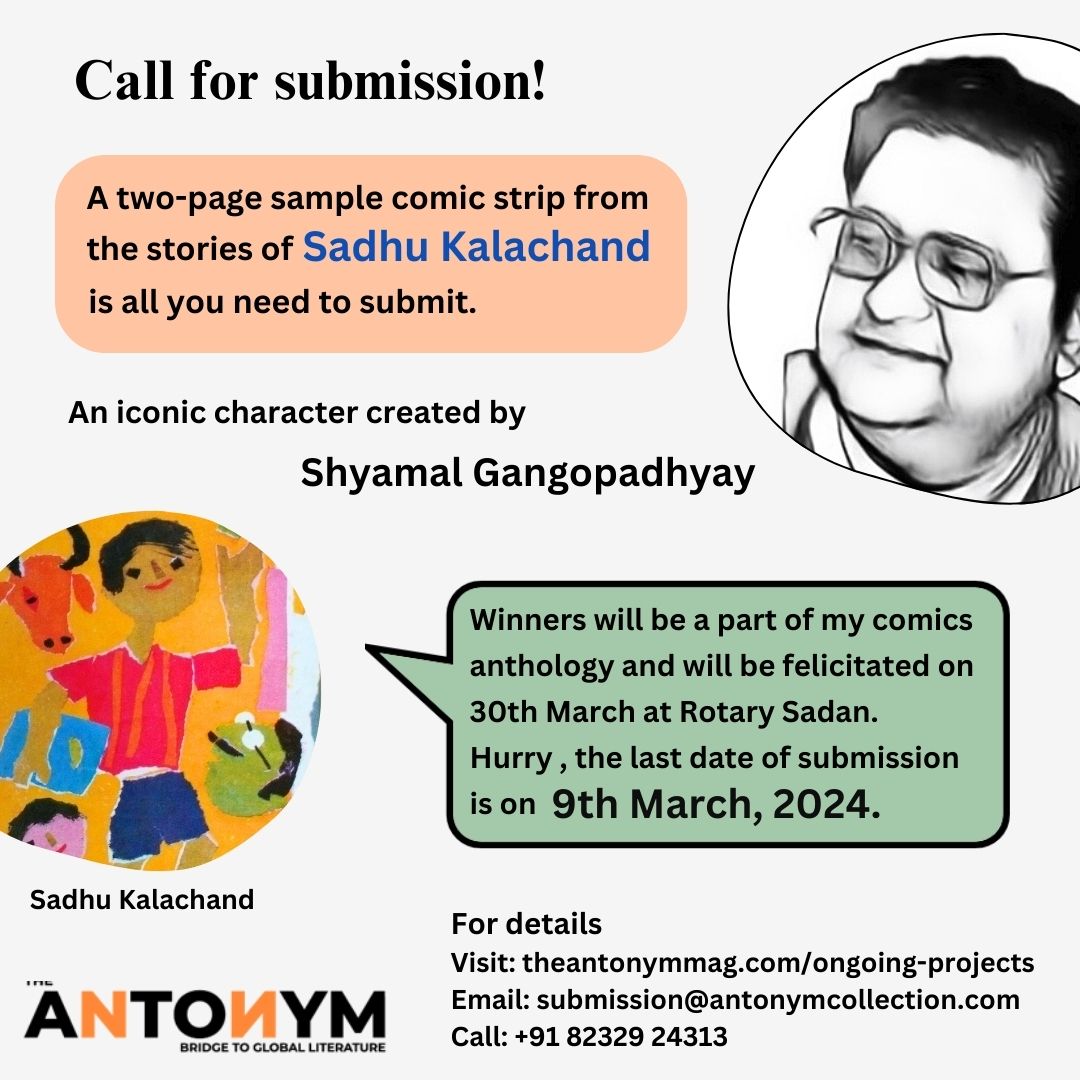
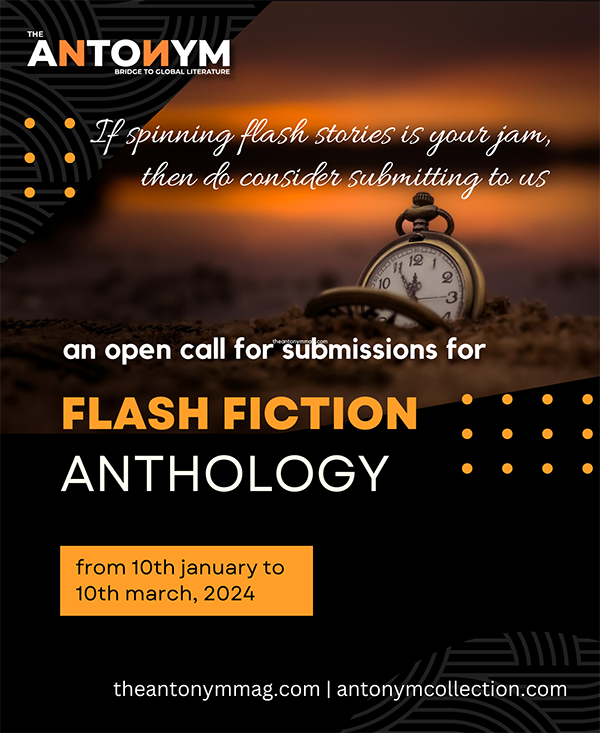








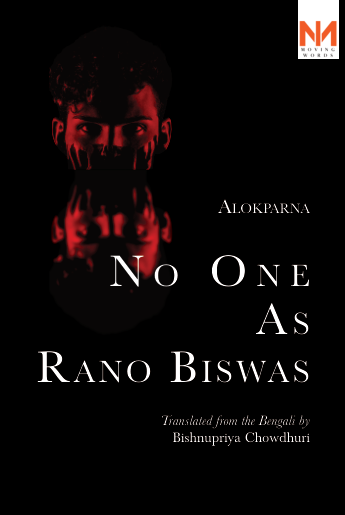
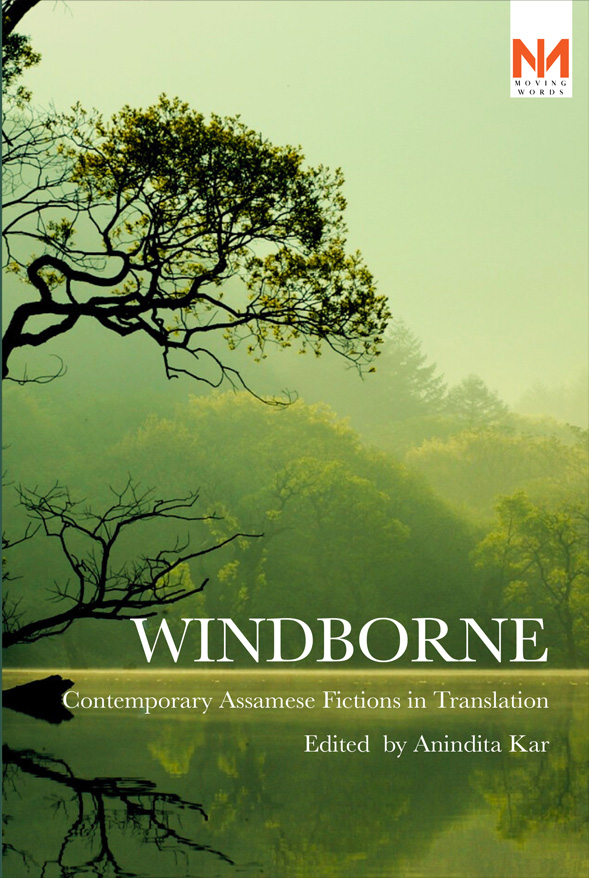
















0 Comments